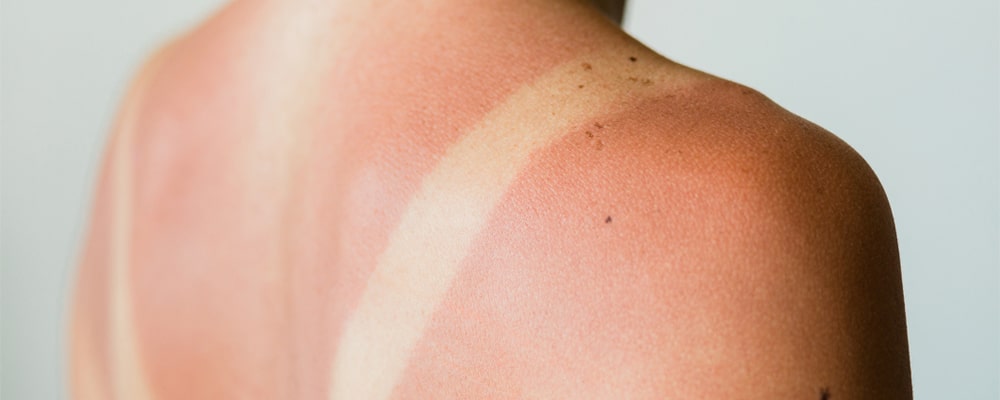
In sunny South Florida, it’s not possible to avoid the sun unless you’re a vampire who only ventures out at night. For the rest of us, it’s a matter of handling the sun exposure we get when we’re out having fun.
It used to be that if we had lighter skin, we all wanted to get a tan. Tanned skin had the stigma of being healthy. You had a “healthy glow.” Now we know this thinking was not all that far from the “4 out of 5 doctors prefer Lucky Strike cigarettes” ad campaigns from the 50s and 60s.
It’s common knowledge now that the ultraviolet radiation (UV) from the sun has various negative effects on the skin. UV radiation breaks down collagen, allowing the formation of wrinkles, lines, and areas of volume loss. It creates areas of hyperpigmentation where the melanocytes in the skin (the cells that give our skin its normal tone) become permanently darker.
And it is known to lead to skin cancer. At Skin Care Research, we often run clinical trials on actinic keratoses, which are pre-cancerous sun damaged lesions.
When we conduct those trials, we are often asked, “Do sunburns cause skin cancer?” So, since this is the last blog before a toasty Miami summer, let’s answer that question.
What the sun does to the skin
The sun’s ultraviolet radiation comes in two forms, UVA and UVB. Up until about 25 years ago, the only rays anyone worried about were the UVB rays. These are short wave ultraviolet rays, and they cause sunburns, damaging the superficial layers of the epidermis.
Research then pointed to the other UV form, ultraviolet A rays. These are long wave UV rays. They don’t damage the outer skin, but they penetrate way down into the dermis layer of the skin, the layer between the outer epidermis and the fat layer. This is where collagen forms and supports the skin. Research started to show links between UVA and skin aging and possible melanoma development.
That’s why virtually all sunscreens now are called “broad spectrum,” meaning they protect against both UVA and UVB rays. Any sunscreen you buy needs to be broad spectrum.
But do sunburns cause skin cancer?
OK, to get to this answer. It’s yes and no. The sunburn itself doesn’t necessarily cause skin cancer, but there are a couple asterisks there. Skin cancer, particularly basal cell carcinoma and squamous cell carcinoma, are both linked directly to your accumulated sun exposure over your entire life. Think of them as adding up until one day there is enough damage to cause cell mutations that are cancer. Before becoming cancer, actinic keratoses will develop. These are directly caused by sun exposure and they can continue to progress, one day evolving into basal cell or squamous cell carcinoma.
So, a single sunburn won’t cause these skin cancers, but it’s starting down the path of more and more sun exposure.
To that asterisk. Melanoma is different from basal cell and squamous cell carcinoma. It is far more deadly. Melanoma can start in one spot, grow downward into the skin, enter the bloodstream, and start depositing cancer cells anywhere in the body. That often leads to death. Melanoma occurs in the melanocytes, the cells in the skin that are responsible for giving our skin its normal (without tanning) color.
OK, so here’s the asterisk. Research has shown that every scorching, peeling sunburn a person has doubles his or her risk for developing melanoma. Those are the type of sunburns where you can peel your skin a couple days afterwards. Think about that. Most of us have had maybe a couple dozen of these peeling sunburns. It’s not a direct cause and effect, but it’s a direct cause leading to maybe a later effect, for sure.
Are you interested in participating in one of our trials? Call us at Skin Care Research, (561) 948-3116, and let’s get started.
